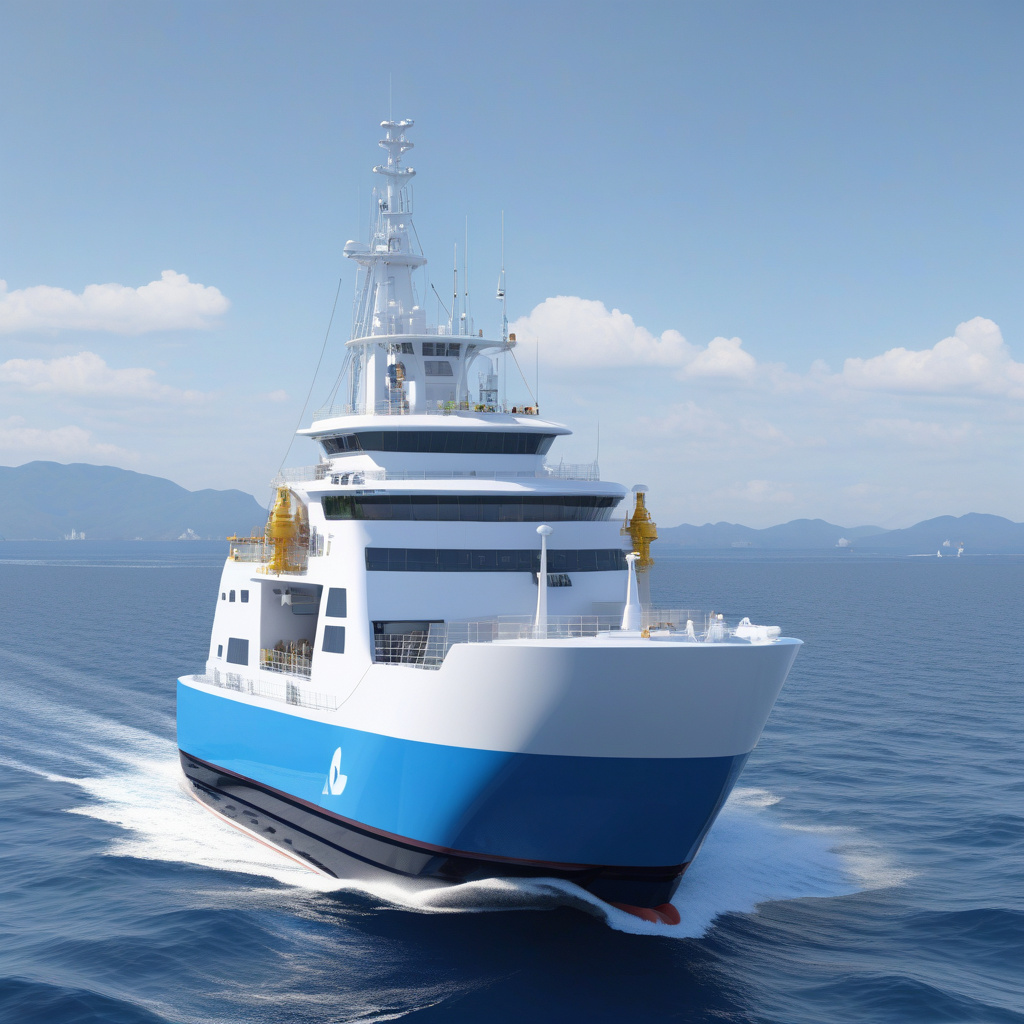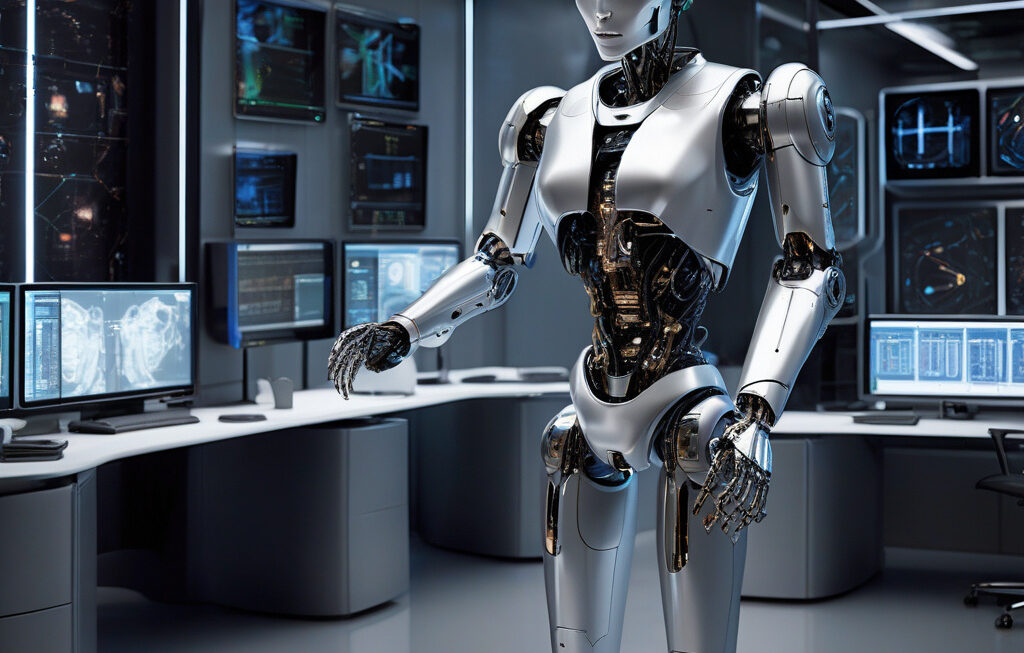Japan Sets Sail on Clean Energy with E-Crea, Its First All-Electric Work Vessel
Japanese shipping giant Nippon Yusen Kabushiki Kaisha, commonly referred to as NYK Line, has launched a groundbreaking initiative in the maritime industry by introducing E-Crea, its first all-electric work vessel. This move marks a significant step towards sustainable shipping practices and showcases Japan’s commitment to reducing carbon emissions in the maritime sector.
The E-Crea vessel is equipped with state-of-the-art electric propulsion technology, making it an eco-friendly alternative to traditional diesel-powered ships. By harnessing clean energy sources, such as lithium-ion batteries, solar panels, and wind turbines, the vessel can operate with zero carbon emissions, significantly reducing its environmental impact.
One of the key advantages of the E-Crea is its silent operation, which eliminates noise pollution in marine environments. This feature not only benefits marine life but also enhances the overall working conditions for crew members on board. Additionally, the vessel’s electric propulsion system offers higher efficiency and lower maintenance costs compared to conventional diesel engines, making it a cost-effective and sustainable choice for NYK Line.
The introduction of the E-Crea aligns with Japan’s ambitious goals to transition towards a carbon-neutral future. As one of the world’s leading maritime nations, Japan recognizes the importance of investing in clean energy solutions to combat climate change and protect the oceans. By pioneering the use of all-electric work vessels, NYK Line sets a new standard for environmental stewardship in the shipping industry.
Moreover, the E-Crea serves as a prime example of innovation driving sustainability in maritime transportation. As technology continues to advance, more companies are likely to follow suit and adopt electric propulsion systems to power their fleets. This shift towards clean energy not only benefits the environment but also enhances operational efficiency and cost savings in the long run.
In addition to its environmental benefits, the E-Crea also highlights the potential for collaboration between different sectors to drive innovation. By partnering with technology companies, research institutions, and government agencies, NYK Line was able to develop a cutting-edge electric work vessel that pushes the boundaries of what is possible in the maritime industry.
Looking ahead, the success of the E-Crea paves the way for further advancements in clean energy shipping solutions. As the demand for sustainable transportation options grows, companies worldwide will need to embrace electric propulsion technology and other eco-friendly innovations to stay competitive and meet regulatory requirements.
In conclusion, Japan’s launch of the E-Crea marks a significant milestone in the maritime industry’s transition towards clean energy solutions. By investing in all-electric work vessels, NYK Line demonstrates its commitment to sustainability, innovation, and environmental responsibility. As other companies take note of this pioneering initiative, the future of shipping looks brighter, cleaner, and more sustainable than ever before.
#Japan, #CleanEnergy, #ElectricVessel, #Sustainability, #MaritimeIndustry












